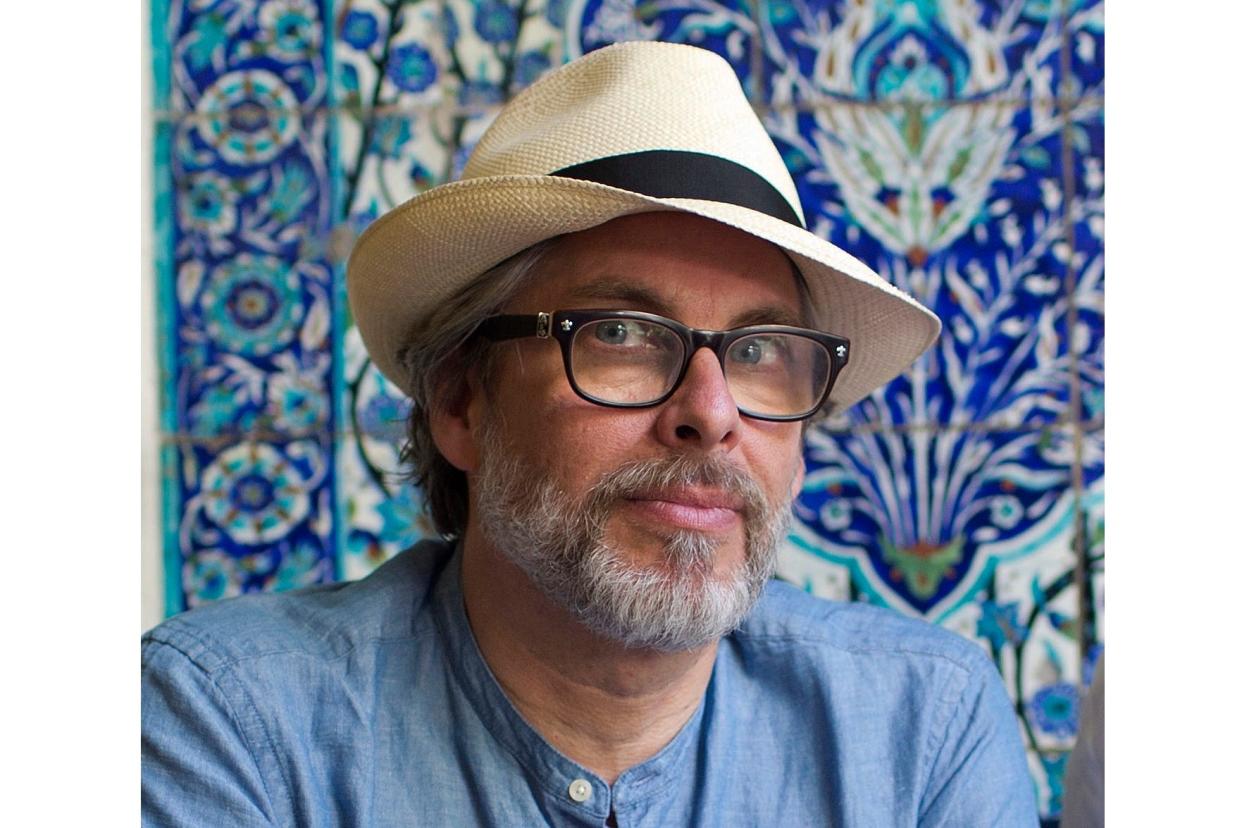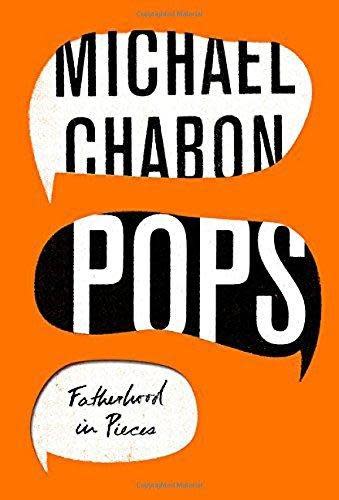Pops: Fatherhood in Pieces by Michael Chabon - how you can be a good father and still win prizes

We know almost nothing about our children before they are born: all we know for sure is that they will change our lives for the good, bad or worse. Perhaps we should behave differently towards a baby boy (less rough and tumble; more coo). Most of us are adequate enough as parents: we are the daily drama most powerfully present in the lives of our children — and our influence will endure into their adulthood.
Michael Chabon’s delightful new essay collection, Pops, brings a welcome wit and wisdom to the vexed issue of fatherhood. What does fatherhood ask of a man? How should a father prepare his children for the world?
Chabon answers such questions with his accustomed flair for language and eye for the absurd. His parents divorced when he was 11. The concluding essay, a memoir of his paediatrican father, is fraught with sadness. A cultivated New York Jew, Dr Chabon introduced his son Michael to B-movies (The Man with the X-ray Eyes was an early favourite) as well as to avant-garde classical music. Clearly Chabon is grateful to him to this day.
The idea for the book originated two decades ago at a literary party in California. “Don’t have children,” a famous older writer advised Chabon just before he published his first novel in 1988 (the bestselling The Mysteries of Pittsburgh). “You can write great books. Or you can have kids. It’s up to you.”

In his opening essay, The Opposite of Writing, the Pulitzer prize-winning Chabon refutes the idea that children are “thieves of time” who put the proverbial pram in the hall. In the course of bringing up two sons and two daughters, Chabon has managed to write 14 books. Well done!
The centrepiece is an article Chabon wrote for GQ magazine in 2016 about his son’s bar mitzvah present of a trip to Paris for Men’s Fashion Week. A clothes aficionado, 13-year-old Abe was more impressed by the catwalk than was his father, who wearied of the models posing in giant Muppet pants and Moonboot-style sneakers.
Brilliantly written, the essay explores questions of paternal tolerance (and exasperation) with a wholly affecting generosity. The rivalry and hidden rage that shadow some father-son relationships is absent from Chabon’s gentle attempt to understand his son Abe’s “freakazoid” sartorial concerns. The essay went viral.
Of course, Chabon’s cultural liberalism is without any taint of church, family or flag. In his hometown of Berkeley, a “mixed-race, politically progressive” enclave of northern California, the kids drink decaff gingerbread latte and wear expensive brand-name skatewear. “They ought to be grateful,” says Chabon, “to grow up in Berkeley.” (This is well said.) And in a bravura performance, Against Dickitude, Chabon stresses the importance of fathering in a “non-dick” way.
Sons should learn to empathise with the minds and circumstances of their girlfriends: only then can a self-centred attitude of “dickitude” be avoided. Who has even half the patience of Pops Chabon?
Pops: Fatherhood in Pieces by Michael Chabon (Harper Collins, £10.00), buy it here

 Yahoo News
Yahoo News 
